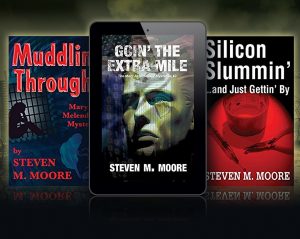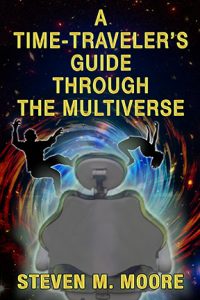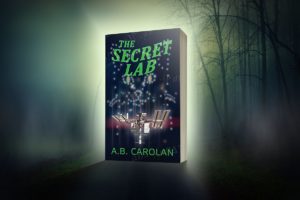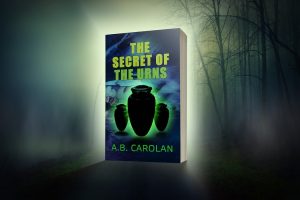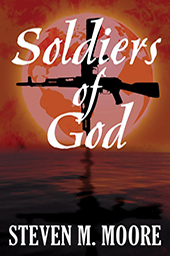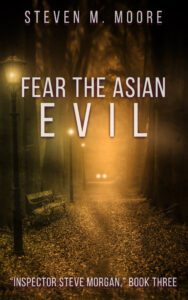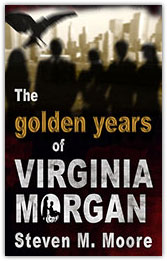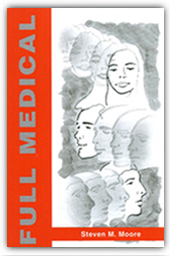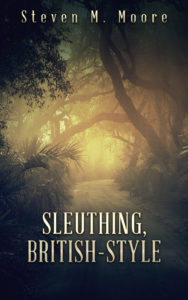Is post-apocalyptic fiction sci-fi?
Wednesday, November 1st, 2023Post-apocalyptic literature considers a possible if bleak future, so I suppose that one quality might make it sci-fi. It also teaches important lessons and provides warnings about when human beings are currently making mistakes, something it also shares with general sci-fi literature. But it’s often far from space exploration and ETs. The standard trappings of sci-fi, especially those of space opera (like movies from the Star Wars franchise), just aren’t there, though.
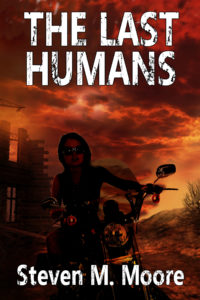 It’s hard to write post-apocalyptic literature. First, you have to create a believable apocalypse. A beta-reader for The Last Humans (the first novel in the trilogy of the same name) didn’t find its apocalypse too believable. I’m guessing that the Covid pandemic changed that opinion. The apocalypse in the novel is a bioengineered virus that spreads around the world. If you believe the Chinese, Covid wasn’t bioengineered in their Wuhan lab, but it still spread around the world. We know now that a viral apocalypse is a real possibility!
It’s hard to write post-apocalyptic literature. First, you have to create a believable apocalypse. A beta-reader for The Last Humans (the first novel in the trilogy of the same name) didn’t find its apocalypse too believable. I’m guessing that the Covid pandemic changed that opinion. The apocalypse in the novel is a bioengineered virus that spreads around the world. If you believe the Chinese, Covid wasn’t bioengineered in their Wuhan lab, but it still spread around the world. We know now that a viral apocalypse is a real possibility!
For that novel, I was more interested in the survivors. The main character, Penny Castro, an ex-USN SAR diver working for the LA Sheriff Department, rises to the challenge of surviving that apocalypse. That first novel (published by Black Opal Books) ends with some semblance of normalcy as Penny and her new family create a new life on a citrus ranch.
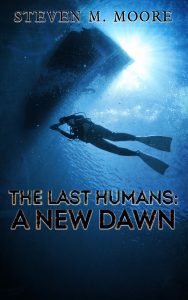 Of course, unless an apocalypse kills everyone (then there are no stories to follow!), there are the good, bad, and ugly among the survivors. Penny, her family, and her friends are among the good ones; others might want to finish destroying the world; and still others, driven by different motives, might want to stop them. The second novel in the trilogy, A New Dawn, picks up this theme. That theme continues in another part of the world in the third novel, Menace from Moscow (published just this year), tests Penny and her family again.
Of course, unless an apocalypse kills everyone (then there are no stories to follow!), there are the good, bad, and ugly among the survivors. Penny, her family, and her friends are among the good ones; others might want to finish destroying the world; and still others, driven by different motives, might want to stop them. The second novel in the trilogy, A New Dawn, picks up this theme. That theme continues in another part of the world in the third novel, Menace from Moscow (published just this year), tests Penny and her family again.
Now that I’ve finished this trilogy, I must say that it doesn’t seem to be much like sci-fi! A worldwide pandemic is clearly possible (Covid was one!), and the post-apocalyptic situation that follows that apocalypse is more like a standard thriller story. Penny is a noble warrior, a survivalist who changes history and leaves the world in better shape by doing so. This often occurs in real life: So many of our veterans are heroes in this sense.
In brief, I’ll continue to call this trilogy a collection of three post-apocalyptic thrillers. Readers can call it sci-fi if they wish. In any case, I hope readers will find it both profound and entertaining.
***
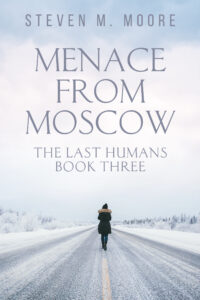 Comments are always welcome. (See the rules on the “Join the Conversation” web page.)
Comments are always welcome. (See the rules on the “Join the Conversation” web page.)
“The Last Humans” Trilogy. Ex-USN SAR diver comes up after locating a victim for the LA Sheriff Department only to find a world gone mad. Missiles targeted at the US West Coast have released a killer virus that goes round the world on the prevailing winds. Her initial struggles for survival are described in the first novel, The Last Humans. Her battle to prevent an “improved version” of the virus to be released is found in the second, A New Dawn. And preventing enemy-survivors from recovering nuclear missiles tests Penny’s resolve even further in the third, Menace from Moscow. Available wherever quality ebooks are sold. (The first novel also has a print edition.)
Around the world and to the stars! In libris libertas!
